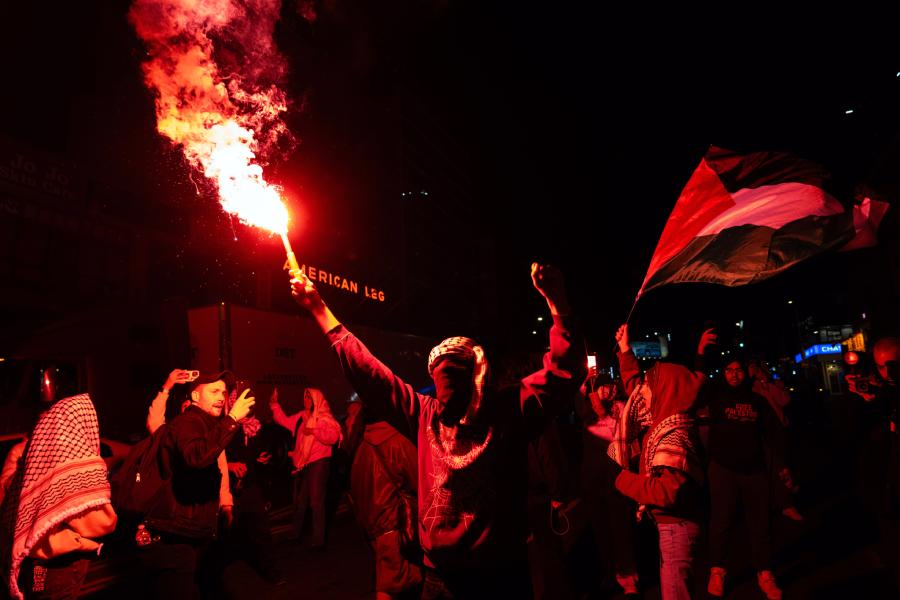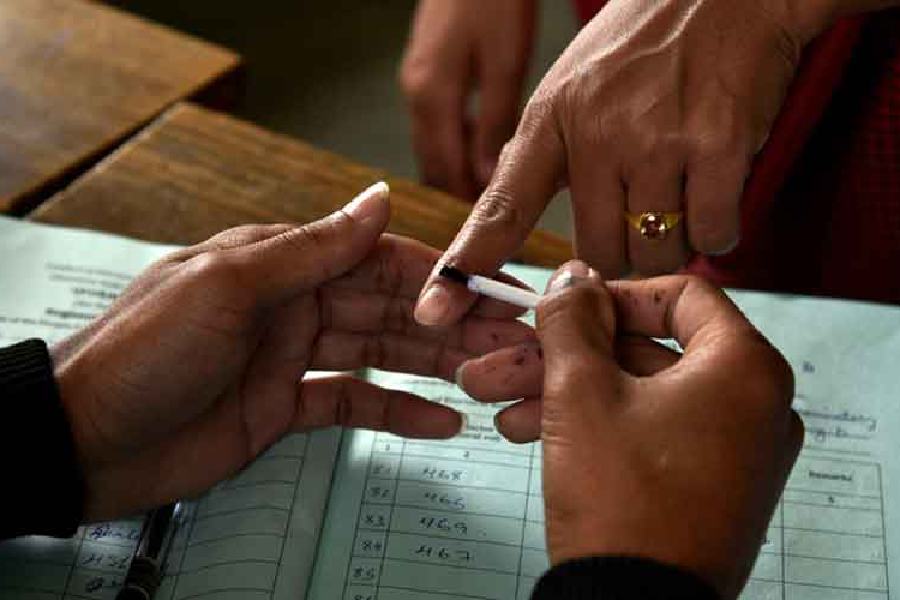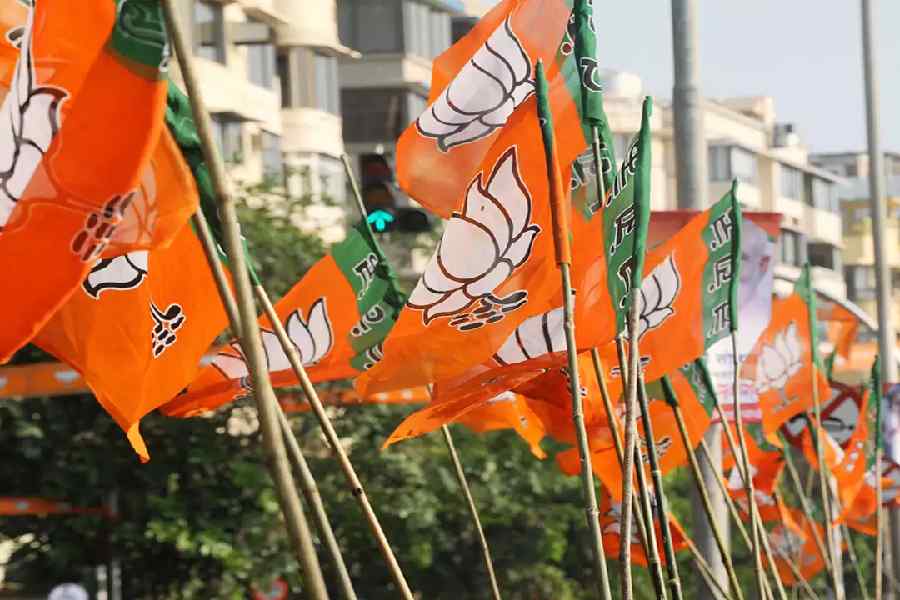Either the administration had too much faith in the purported ploy of the Mughals to disarm Kashmiris, or the bureaucracy did not mine the rage boiling beneath the comforting pheran.
The Jammu and Kashmir education department on Tuesday withdrew an order by an official banning its employees in the border district of Kupwara from wearing the pheran, the loose-fitting woollen gown preferred by people irrespective of gender and faith to keep themselves warm in winter. The apparel has also come to be associated with Kashmir’s culture.
The original order last week had triggered a backlash, prompting the inevitable and inescapable question whether it was another instance of an “assault by India on Kashmir’s culture”. It did not help matters that the order was issued by the education department at a time the state is under governor’s rule.
Not everyone opposed the order, probably because the reason cited had nothing political about it: apparently, some employees used to pull the pheran over their night dresses to avoid changing in the biting cold and turn up for work. The minimum temperature in Kashmir over the past week has been hovering around minus 5 degrees Celsius.
However, the official concerned might have shown caution had he read the book Understanding Kashmir and Kashmiris by Australian political scientist Christopher Snedden.
Snedden suggests that after capturing Kashmir in 1586, the Mughals under Akbar had compelled its men to wear pherans “to diminish the Kashmiris’ martial instincts and skills”. The pheran “severely restricted Kashmiri men’s ability to engage in combat because it hindered unfettered movement, including preventing the easy and rapid drawing of knives or swords from their scabbards”, Snedden writes.
The chief education officer of Kupwara, Mohammad Shafi War, said on Tuesday that the order had been issued by Langate zonal officer Agha Abdul Rasheed, who had asked department employees in Kupwara not to come to office wearing the pheran, slippers and plastic shoes.
“He passed the order because some employees literally come to work in their night dresses (and wear a pheran over it),” War told The Telegraph. “But since it (the pheran) is part of our culture, we cannot attack it. That is why we have withdrawn the order.”
Leading the charge against the now-withdrawn ban was former chief minister Omar Abdullah. “I fail to understand why Pherans should be banned! This is a regressive order that makes no sense at all,” the National Conference leader tweeted. “Pherans are a very practical way of keeping warm during the cold winter aside from being part of our identity. This order should be withdrawn,” Omar wrote earlier in the day, when the ban had not been rescinded.
Scores posted pictures of themselves in pherans on social media in support of their favourite winter dress.
Roohi Nazki, former finance minister Haseeb Drabu’s wife who calls herself a cultural entrepreneur, urged people to upload their pictures in pherans on all social media platforms. “This is illogical, insulting and a cultural put down. Who comes up with this kind of nonsense,” Roohi tweeted.
ChaiJaai shows the Pheran some love.
— Roohi Nazki (@roohinazki) December 18, 2018
Upload a picture of yourself in your favourite Pheran, styled the way you like it best, on Instagram, facebook or twitter. Add a line of text about why you love your Pheran. Tag #chaijaai #pheranlove and #pheranlovechaijaai. pic.twitter.com/7L4g1FVyJc
Journalist Aarti Tickoo, also a Kashmiri, however, found nothing wrong with the prohibitory order. “Pheran is really nice at home during winters in Kashmir. But I remember, while growing up, pheran used to induce laziness & sleepiness,” she tweeted.
“Also, militants used to hide & carry their AK-47s under their pherans. So what’s the issue if one is not allowed to go to work in bed clothes?” Aarti asked.
Winters in Kashmir are incomplete without the pheran. The kangri, a fire pot used to keep warm, and the pheran are an endearing symbol of warmth in Kashmir. Bollywood helped popularise the pheran outside Kashmir. Most people in Kashmir used to wear the pheran at home. But as it turned into a fashion statement, many began treating it as office-wear — with some alterations to make it lean and attractive.










